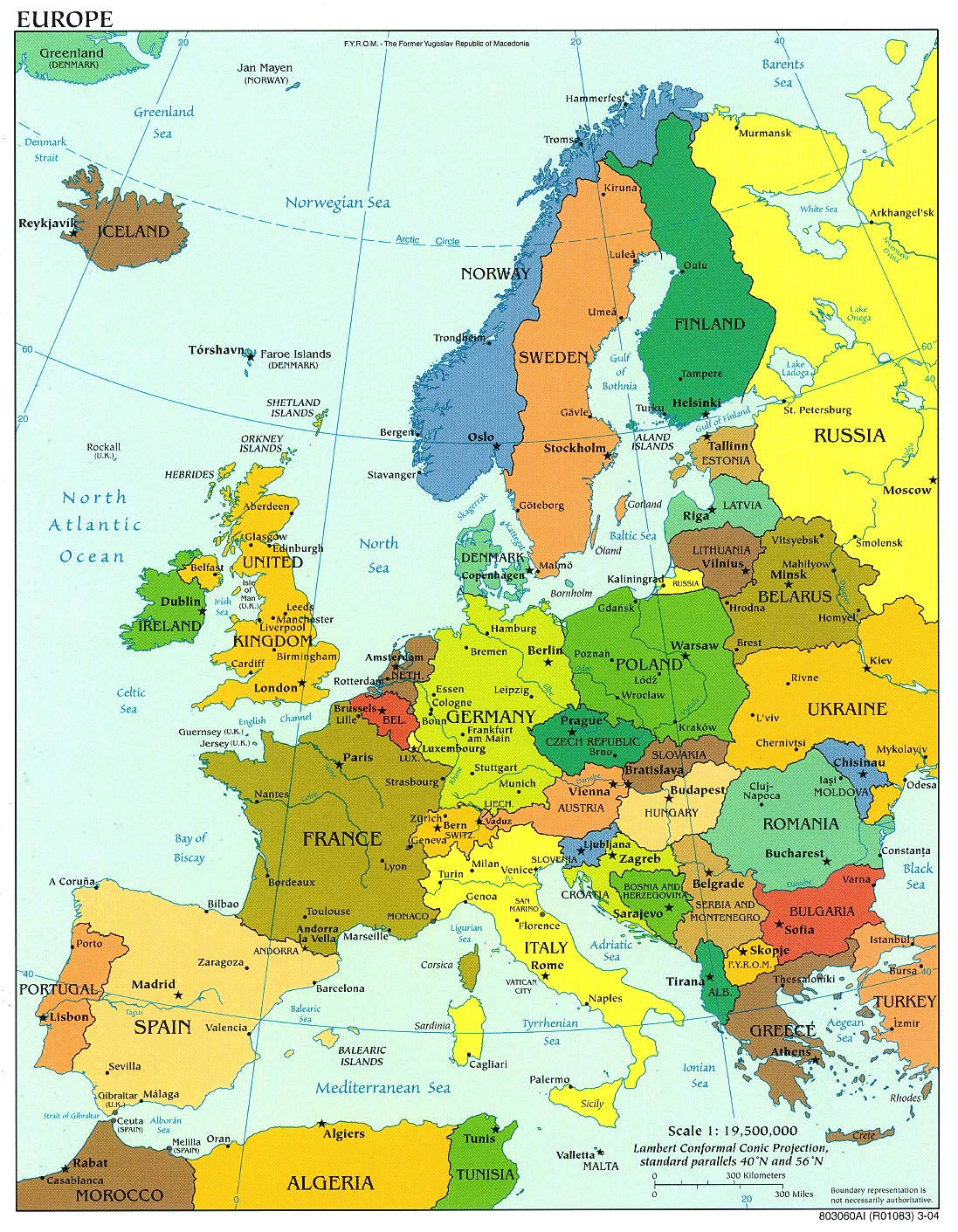“Given we have a high level of anxiety and we’re coming into a weekend, people would rather be flat than long,” said Randy Frederick, director of trading and derivatives at Charles Schwab Center for Financial Research.
“The only thing that would make it cascade below levels we put in last week was if we found the EU really turning into a banking crisis,” said Michael Gibbs, a managing director and director of equity strategy at Morgan Keegan.

The Dow Jones Industrial Average and the Standard & Poor’s 500 Index both closed out the week at levels above their closing lows of the prior week, when a volatile market had the Dow making triple-digit moves each day.
After climbing as much as 120 points during Friday’s session, the Dow industrials lost 172.93 points, or 1.6%, to end at 10,817.65, down 4% from the week-ago close.
Hewlett-Packard Co. weighed most heavily among the blue chips, off 20% a day after the personal-computer maker reduced its outlook and said it might spin off its PC unit.

“H-P’s earnings met expectations, but [the company] downgraded its forecast for the rest of the year. The bigger problem is that we have very few retail and institutional players in this market,” Marc Pado, U.S. market strategist at Cantor Fitzgerald, wrote in an emailed note.
The market is “following a normal path of figuring out if the lows of last week are indeed the bottom for this correction, which is EU driven, and EU focused,” said Gibbs, a managing director and director of equity strategy at Morgan Keegan.
Should the index close below that level, “it stacks the odds the lows are not in,” said Gibbs. “You can’t draw a line in the sand, you have to eyeball that now expecting the market is going to bounce around it or even under.”
Flashbacks

“We had a crisis here in the fall of ‘08, and we’re getting flashbacks,” said Frederick at Charles Schwab, who also noted that open interest for equity options contracts hit a record high during the week, which “mostly means people are out there trading this market.”
Citigroup Inc. and J.P. Morgan Chase Inc. reduced their growth outlooks for the U.S. economy, while Germany’s chancellor rejected the notion of a jointly issued euro-zone bond.
In the coming week, seven S&P 500 companies are expected to report earnings. Of the 485 that have reported second-quarter results so far, 71% have exceeded Wall Street’s expectations, according to Thomson Reuters.



